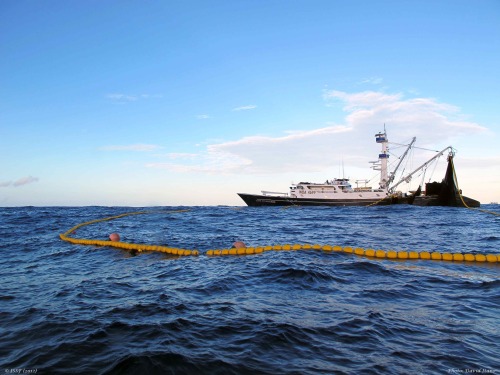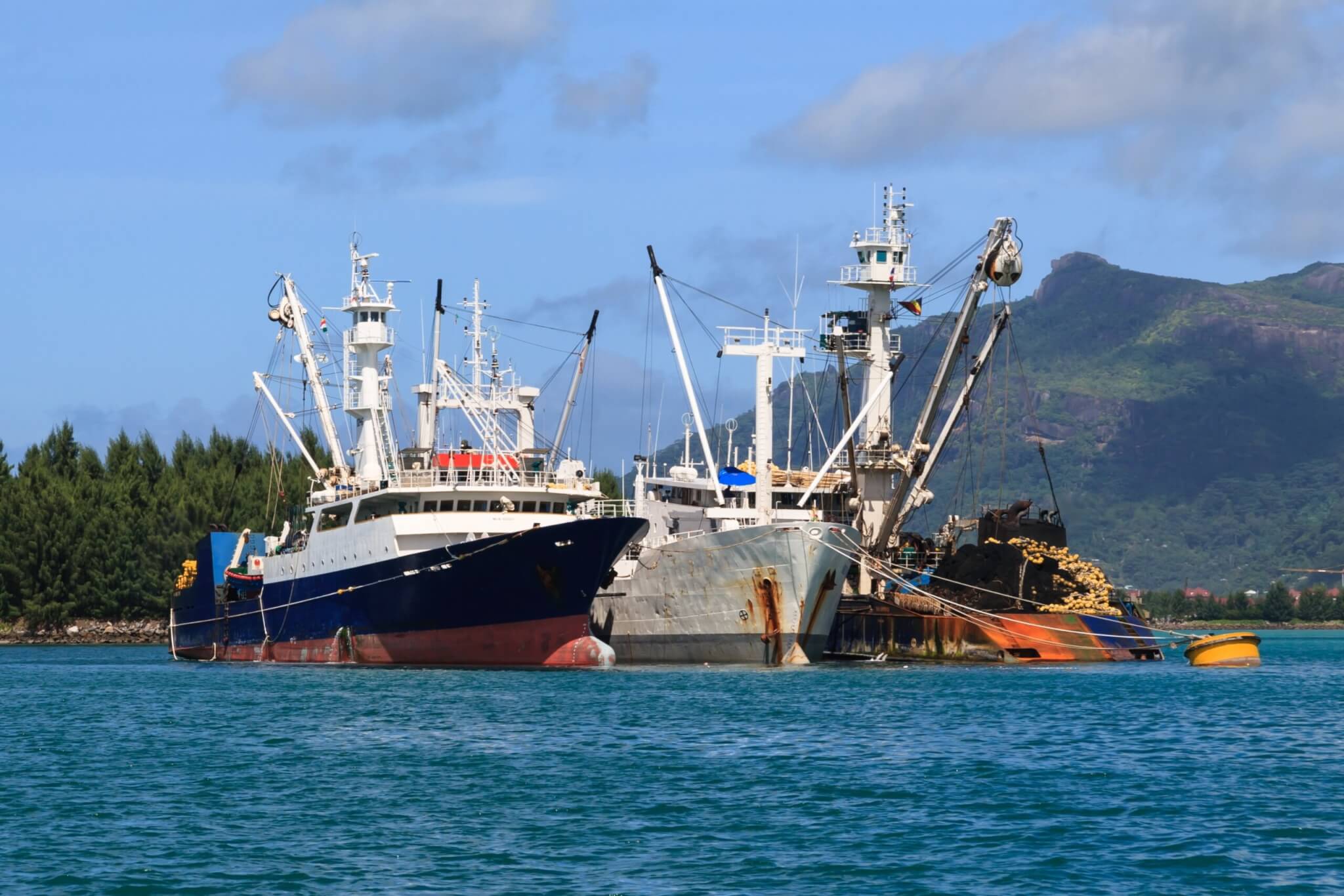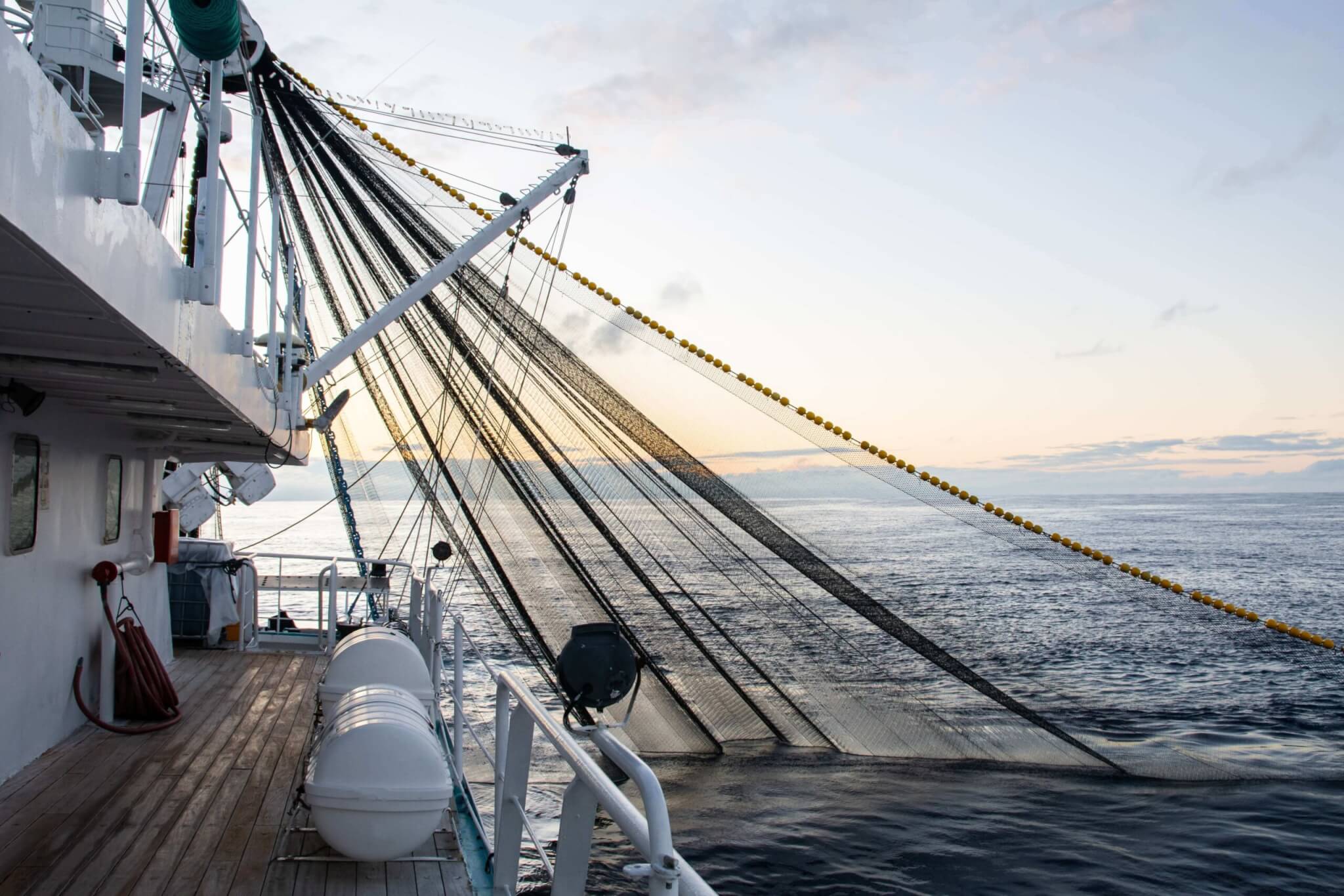
Newest ISSF Participating Tuna Company Compliance Report Shows 99.4 Percent Conformance with ISSF Conservation Measures
The International Seafood Sustainability Foundation (ISSF) has released its fifth annual Update to ISSF Conservation Measures & Commitments Compliance Report, which shows a conformance rate of 99.4 percent by 25 ISSF participating companies with all 27 ISSF conservation measures in effect as of October 1, 2019.
As part of its commitment to foster transparency and accountability in the fishing industry, ISSF engages third-party auditor MRAG Americas to assess ISSF participating seafood companies’ compliance with ISSF conservation measures according to a rigorous audit protocol.
25 participating #seafood companies worldwide have achieved a 99.4% conformance rate with ISSF #conservation measures for #sustainable #tuna #fishing. Share on XThe November 2020 report is based on updates to the initial annual audit results published in April 2020, wherein some companies had “minor” or “major” non-conformances with conservation measures in the prior year:
- The April 2020 annual report showed that one company had four major non-conformances, and two companies had one minor non-conformance each.
- There were no other instances of major non-conformance reported in 2020.
MRAG Americas defines a minor non-conformance as: “Company does not fully comply with a particular conservation measure or commitment, but this does not compromise the integrity of ISSF initiatives.”
The rate of full conformance for each period since participating-company compliance reporting began is reflected below:
| ANNUAL COMPLIANCE REPORT | UPDATE TO ANNUAL COMPLIANCE REPORT |
| June 2015: 79.8 percent | No Update report published in 2015 |
| June 2016: 87.2 percent | November 2016: 95.6 percent |
| May 2017: 97.5 percent | November 2017: 100 percent |
| June 2018: 97 percent | November 2018: 99 percent |
| April 2019: 98.5 percent | November 2019: 99 percent |
| April 2020: 99.1 percent | November 2020: 99.4 percent |
“Since 2015, we’ve seen consistent growth in the conformance rate of our participating companies with ISSF conservation measures, regularly exceeding 90 percent in full rate of conformance and achieving nearly 100 percent in most recent years,” said ISSF President Susan Jackson. “The compliance and audit process helps ISSF hold industry participants to a high standard with reliable transparency. The world’s leading seafood companies are driven to make sustainability a central part of how they do business.”
The Update to ISSF Conservation Measures & Commitments Compliance Report is published each November to track ISSF participating companies’ progress in conforming with ISSF conservation measures like these:
- Transactions only with those longline vessels whose owners have a policy requiring the implementation of best practices for sharks and marine turtles
- Establishing and publishing policies to prohibit shark finning and avoiding transactions with vessels that carry out shark finning
- Conducting transactions only with purse seine vessels whose skippers have received science-based information from ISSF on best practices such as reducing bycatch
- Avoiding transactions with vessels that are on an RFMO Illegal, Unregulated and Unreported (IUU) Fishing list
- Submitting quarterly catch, vessel, species and other data to RFMO scientific bodies
- Demonstrating the ability to trace products from can code back to vessel and trip
In addition to the summary compliance reports published in April and November, MRAG Americas issues yearly individual ISSF participating company reports that detail each company’s compliance with all ISSF conservation measures. These include “update” reports, published throughout the year, that explain how individual companies have remediated any non-conformance on the conservation measures.
More Information about ISSF Conservation Measures & Compliance
For long-term tuna sustainability, tuna companies worldwide choose to participate with ISSF, follow responsible fishing practices, and implement science-based conservation measures. From bycatch mitigation to product traceability, ISSF participating companies have committed to conforming to a set of conservation measures and other commitments designed to drive positive change — and to do so transparently through third-party audits.


